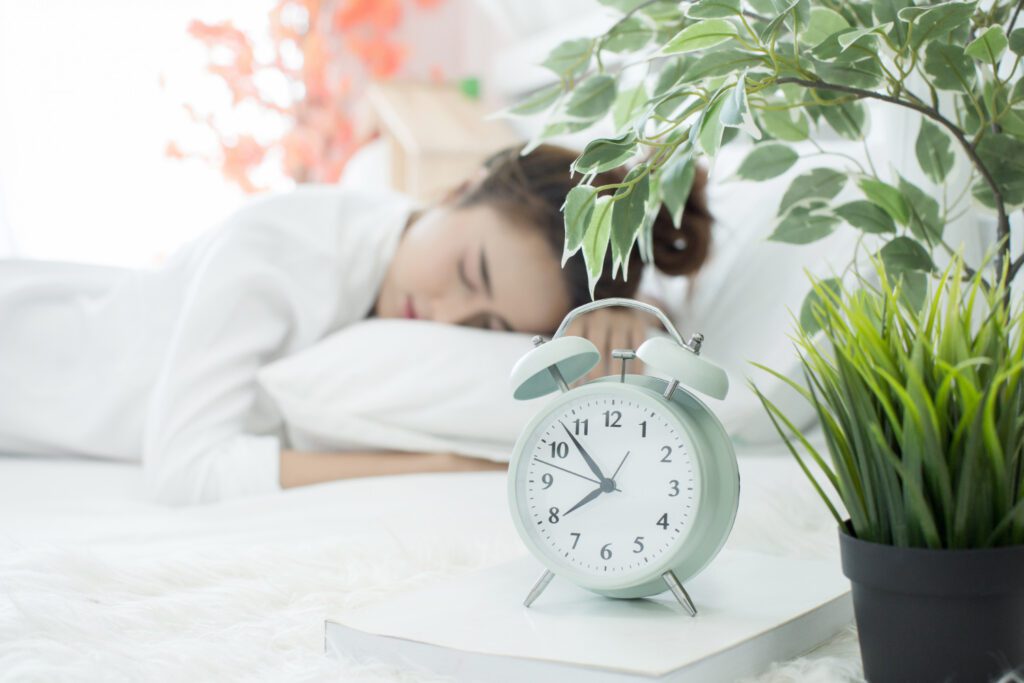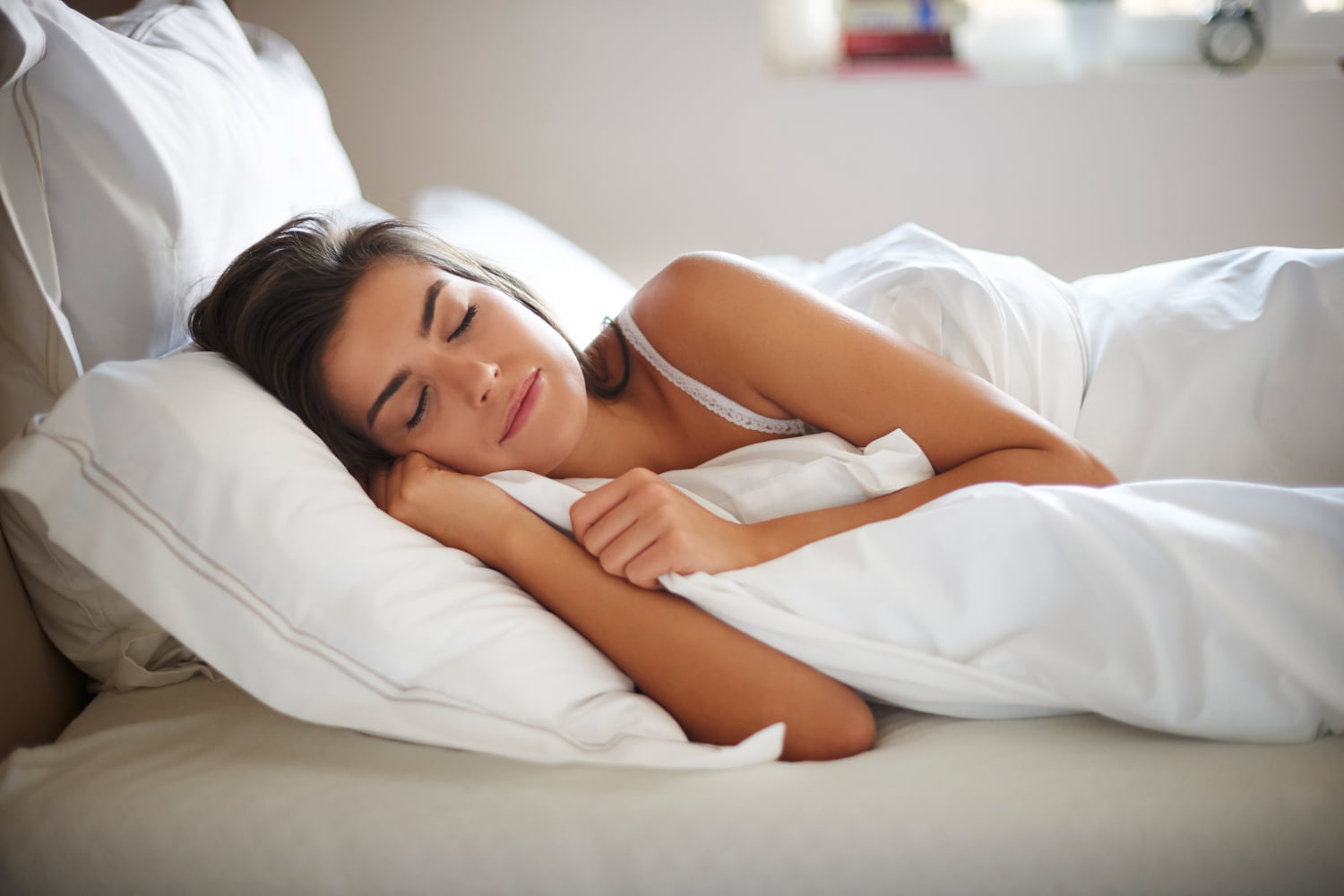Table of Contents
Introduction
Get Better Sleep Quality by establishing a relaxing bedtime routine. In our busy lives, a good night’s sleep can sometimes feel like a distant dream. But the key to improving your sleep quality often lies in establishing a relaxing bedtime routine. By incorporating a few simple practices into your evening, you can create a peaceful environment that promotes restful sleep. In this guide, we’ll explore practical steps to build an effective bedtime routine that enhances your sleep quality and helps you wake up refreshed.

Why is a Bedtime Routine Important?
A bedtime routine signals to your body that it’s time to wind down and prepare for sleep. Engaging in calming activities before bed helps regulate your internal clock and transition your mind and body from the hustle and bustle of the day to a state of relaxation. A consistent routine can improve sleep quality, reduce insomnia, and make it easier to fall asleep and stay asleep throughout the night.
Steps to Create a Relaxing Bedtime Routine
1. Set a Consistent Sleep Schedule
Consistency is crucial for maintaining good sleep hygiene. Try to go to bed and wake up at the same time every day, even on weekends. This helps regulate your body’s internal clock, making it easier to fall asleep and wake up naturally.
Tips for Setting a Sleep Schedule:
- Choose a Bedtime: Decide on a time that allows you to get 7-9 hours of sleep.
- Wake Up Time: Set a wake-up time that aligns with your bedtime to ensure a full sleep cycle.
- Stick to It: Make it a habit to follow your sleep schedule every day.
2. Create a Calming Pre-Sleep Routine
Establishing a calming pre-sleep routine can help ease your mind and body into relaxation. Engage in activities that promote tranquility and reduce stress.
Relaxing Activities to Try:
- Read a Book: Choose a calming book or magazine to unwind before bed.
- Take a Warm Bath: A warm bath or shower can help relax your muscles and prepare your body for sleep.
- Practice Gentle Yoga: Light stretching or yoga poses can relieve tension and promote relaxation.
3. Limit Exposure to Screens
The blue light emitted by phones, tablets, and computers can interfere with your body’s production of melatonin, a hormone that regulates sleep. Limit screen time at least an hour before bed to improve your sleep quality.
Strategies to Reduce Screen Time:
- Create a Screen-Free Zone: Designate a space in your home for relaxation that doesn’t include screens.
- Use Night Mode: Enable night mode on your devices if you must use them in the evening.
- Opt for Alternatives: Replace screen time with activities like reading or journaling.
4. Create a Comfortable Sleep Environment
Your sleep environment plays a significant role in the quality of your sleep. Make your bedroom a relaxing and comfortable space that promotes rest.
Tips for a Better Sleep Environment:
- Invest in a Quality Mattress: Ensure your mattress provides adequate support and comfort.
- Control the Temperature: Keep your bedroom cool and well-ventilated.
- Reduce Noise and Light: Use earplugs, a white noise machine, or blackout curtains to minimize disturbances.
5. Practice Relaxation Techniques
Incorporate relaxation techniques into your bedtime routine to calm your mind and body. These practices can help reduce anxiety and prepare you for restful sleep.
Relaxation Techniques to Try:
- Deep Breathing Exercises: Focus on slow, deep breaths to calm your nervous system.
- Progressive Muscle Relaxation: Tense and then relax each muscle group to release physical tension.
- Guided Meditation: Use a meditation app or recording to lead you through a calming visualization.
6. Avoid Stimulants and Heavy Meals
Certain foods and beverages can interfere with your ability to fall asleep. Avoid consuming stimulants and heavy meals close to bedtime.
Things to Avoid Before Bed:
- Caffeine: Limit caffeine intake in the afternoon and evening.
- Alcohol: While alcohol might make you feel drowsy initially, it can disrupt your sleep cycle.
- Heavy or Spicy Foods: Avoid large meals and spicy foods that can cause discomfort or indigestion.
Additional Techniques for Better Sleep Quality
In addition to the steps mentioned, there are other techniques that can further enhance your sleep quality. These include incorporating specific habits and using tools that support relaxation.
1. Aromatherapy for Relaxation
Using essential oils can create a calming atmosphere in your bedroom, promoting relaxation and better sleep.
Popular Essential Oils:
- Lavender: Known for its soothing properties, lavender can help reduce anxiety and improve sleep quality.
- Chamomile: Often used in teas, chamomile essential oil can promote relaxation and enhance sleep.
- Bergamot: This citrus scent can reduce stress and anxiety, making it easier to unwind.
2. Journaling Before Bed
Writing in a journal can help clear your mind of racing thoughts and worries, creating a more peaceful state for sleep.
Benefits of Journaling:
- Reflect on the Day: Write about what went well and what you’re grateful for.
- Plan for Tomorrow: Jot down tasks or reminders to alleviate anxiety about the next day.
- Express Emotions: Release pent-up feelings to ease your mind before sleep.
Sleep Hygiene Practices and Their Benefits
| Sleep Hygiene Practice | Benefits |
|---|---|
| Consistent Sleep Schedule | Regulates internal clock, improves sleep onset |
| Calming Pre-Sleep Routine | Reduces stress and prepares mind for sleep |
| Limiting Screen Time | Increases melatonin production, promotes deeper sleep |
| Comfortable Sleep Environment | Enhances relaxation, reduces disturbances |
| Relaxation Techniques | Lowers anxiety, facilitates easier transition to sleep |
| Avoiding Stimulants | Prevents sleep disruptions and enhances sleep quality |
Sample Bedtime Routine
Here’s an example of a relaxing bedtime routine you can try:
- 8:00 PM: Start winding down by turning off bright lights and screens.
- 8:15 PM: Take a warm bath or shower.
- 8:30 PM: Read a book or practice gentle yoga.
- 8:45 PM: Practice deep breathing exercises or guided meditation.
- 9:00 PM: Get into bed, focusing on relaxation and comfort.
Conclusion
Creating a relaxing bedtime routine is a powerful way to enhance your sleep quality and overall well-being. By setting a consistent sleep schedule, engaging in calming pre-sleep activities, and optimizing your sleep environment, you can improve your ability to fall asleep and stay asleep. Remember, establishing a new routine takes time, so be patient with yourself and make adjustments as needed to find what works best for you.
Check out this helpful video on creating a relaxing bedtime routine to improve your sleep quality. It offers additional tips and visual demonstrations to help you establish a soothing pre-sleep ritual. Watch now for practical insights and inspiration!
FAQs
Why is having a bedtime routine important for sleep?
A bedtime routine helps signal to your body that it’s time to wind down, promoting relaxation and improving sleep quality. Consistency in your routine aids in regulating your internal clock, making it easier to fall asleep and stay asleep.
What are some effective steps to create a relaxing bedtime routine?
To create a relaxing routine, set a consistent sleep schedule, engage in calming activities like reading or taking a warm bath, limit screen time before bed, and ensure a comfortable sleep environment.
How can I limit exposure to screens before bed?
To reduce screen time, create a screen-free zone in your home, use night mode on your devices, and replace screen activities with alternatives like reading or journaling.
What should I do to create a comfortable sleep environment?
Invest in a quality mattress, control the bedroom temperature, and minimize noise and light with earplugs, white noise machines, or blackout curtains to enhance your sleep environment.
What foods and beverages should I avoid before bedtime?
Avoid caffeine, alcohol, and heavy or spicy foods close to bedtime, as they can disrupt sleep or cause discomfort.


[…] your muscles repair and regenerate, making it a critical component of healthy weight gain. Aim for 7-9 hours of sleep each night to ensure your body has enough time to rebuild muscle tissue and recover from […]
[…] incredible benefit of a morning walk is its ability to improve sleep quality. People who engage in regular physical activity tend to fall asleep faster and enjoy deeper sleep. […]
[…] stress and disrupt your body’s ability to maintain a healthy weight. Aim for 7-9 hours of restful sleep per […]
[…] Too much screen time, especially before bed, disrupts sleep patterns. Regular yoga practice helps relax the body and mind, promoting deeper and better sleep. […]